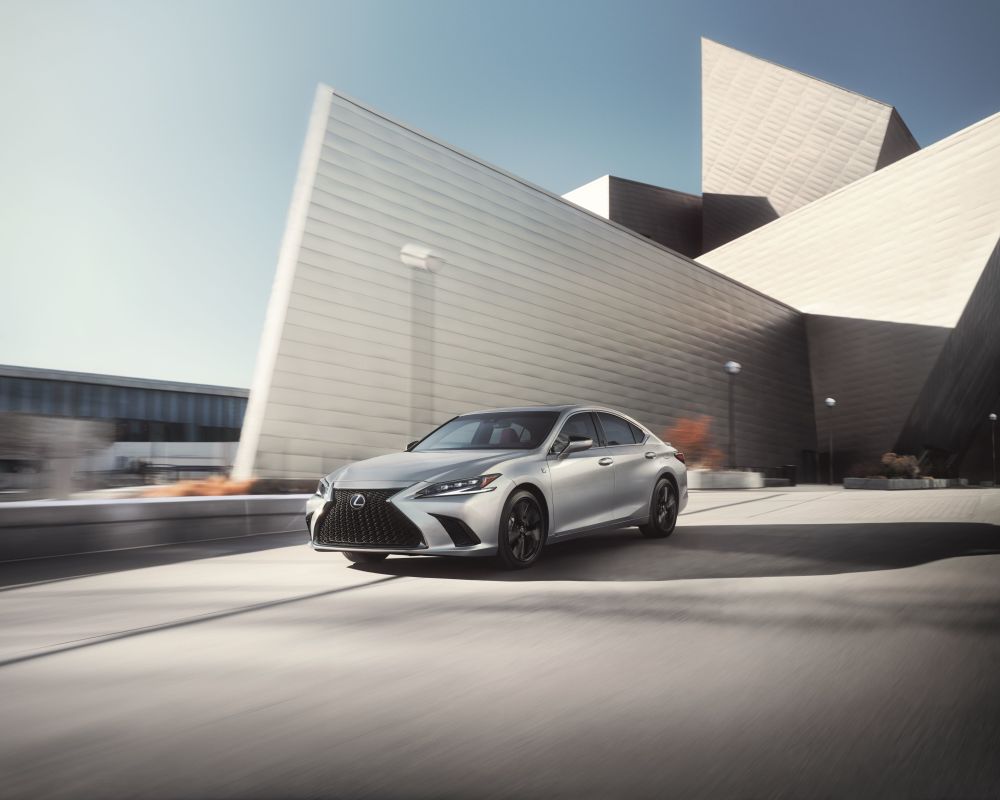
Unusually cold temperatures have created treacherous conditions for American drivers — not only do they have to scrape endless amounts of snow and ice from their windshields and exercise caution on the road, but the wintry weather is also taking a toll on their gas mileage.
According to the U.S. Department of Energy, cold weather negatively impacts fuel efficiency on powertrains of all types. For example, gas-powered engines record 15% lower fuel economy in city driving at 20 degrees Fahrenheit than they do at 70 degrees Fahrenheit; hybrid vehicles lose as much as 34%, while for EVs it’s even worse — they lose up to 39%.
Why is fuel efficiency worse in the winter?
Your driving habits have a big impact on fuel economy, but so do other factors, like friction and temperature. According to the Energy Department, cold weather can wreak havoc on vehicles in more ways than one:
- Cold engine oil increases friction in engines and transmissions, which can make it harder for your car to start.
- Winter weather makes it take longer for vehicle engines to reach their most fuel-efficient temperatures.
- When drivers and passengers turn on heated seats and window defrosters, they’re also using more energy in the process.
- Cold air itself acts like a drag on a vehicle, resulting in decreased aerodynamics.
- Car batteries lose charge in colder temperatures, reducing the amount of power they can generate. For hybrids and EVs, frosty weather can also affect regenerative braking systems.
The good news is that there are a few easy things drivers can do to help their vehicle’s fuel economy in the winter. Simply parking your car in an enclosed spot, like a garage, can help you keep the vehicle warmer.
Also, you can better plan outdoor excursions to include multiple activities so that you’re not constantly exerting pressure on your car by turning it on when the engine’s cold.
Related: The 10 most reliable cars according to Consumer Reports
Unlike in the past, most car manufacturers actually discourage “idling,” or sitting in your car while it warms up, because today’s engines warm up faster when they’re in motion, which will also turn the heat on faster.
Manufacturers of plug-in hybrids and EVs also recommend using seat warmers instead of heaters to help save on energy.
How does fuel efficiency save drivers money?
Simply put, fuel-efficient vehicles let drivers travel further using the same amount of power, whether that’s gasoline, electricity (through a battery pack), or a combination of the two (hybrid).
By buying a hybrid vehicle, you can save 20–35% on gasoline compared to a combustion-engine-only vehicle.
Related: Best-rated 2025 SUVs under $40k according to Consumer Reports
Consumer Reports, a trusted name in independent automobile research, testing, and recommendations since 1936, estimates that owning a hybrid could save you over $4,000 over the course of your vehicle's life.
Some 2025 plug-in hybrid electric vehicles are even eligible for federal tax credits, which can help offset their higher up-front costs.
The 10 most fuel-efficient cars according to Consumer Reports
The 10 hybrids and plug-in hybrids that made it onto Consumer Reports’ list of fuel-efficient vehicles all carry CR’s Green Choice certification. That means they fall within the top 20% of vehicles on the market in terms of “environmental performance,” which is a combination of a vehicle’s fuel efficiency as well as producing low emissions.
CR developed its Green Choice certification, which appears on its site as a small green leaf icon, in partnership with the Environmental Protection Agency’s SmartWay program, and it was designed to help consumers make more informed decisions when shopping for their new car, truck, or SUV.
More on automotive:
- The 10 least satisfying new cars according to Consumer Reports
- Consumer Reports: Cheapest cars to maintain over 10 years
- Consumer Reports’ best American cars, trucks & SUVs of 2024
Consumer Reports also tests vehicles on other quantitative metrics like acceleration, braking, and emergency handling at its 327-acre automotive testing center, which is the largest in the world. The org also sends surveys to its six million members for their insights on qualitative metrics, like vehicle reliability and owner satisfaction.
Those vehicles that accumulate the highest scores receive Consumer Reports’ highest mark, the “CR Recommendation.”
The 10 best fuel-efficient cars are also all CR Recommended picks, so it's like you're getting the best of the very best with this list.
Toyota dominates the field, boasting five out of the 10 top fuel-efficient vehicles. Here's the full list:
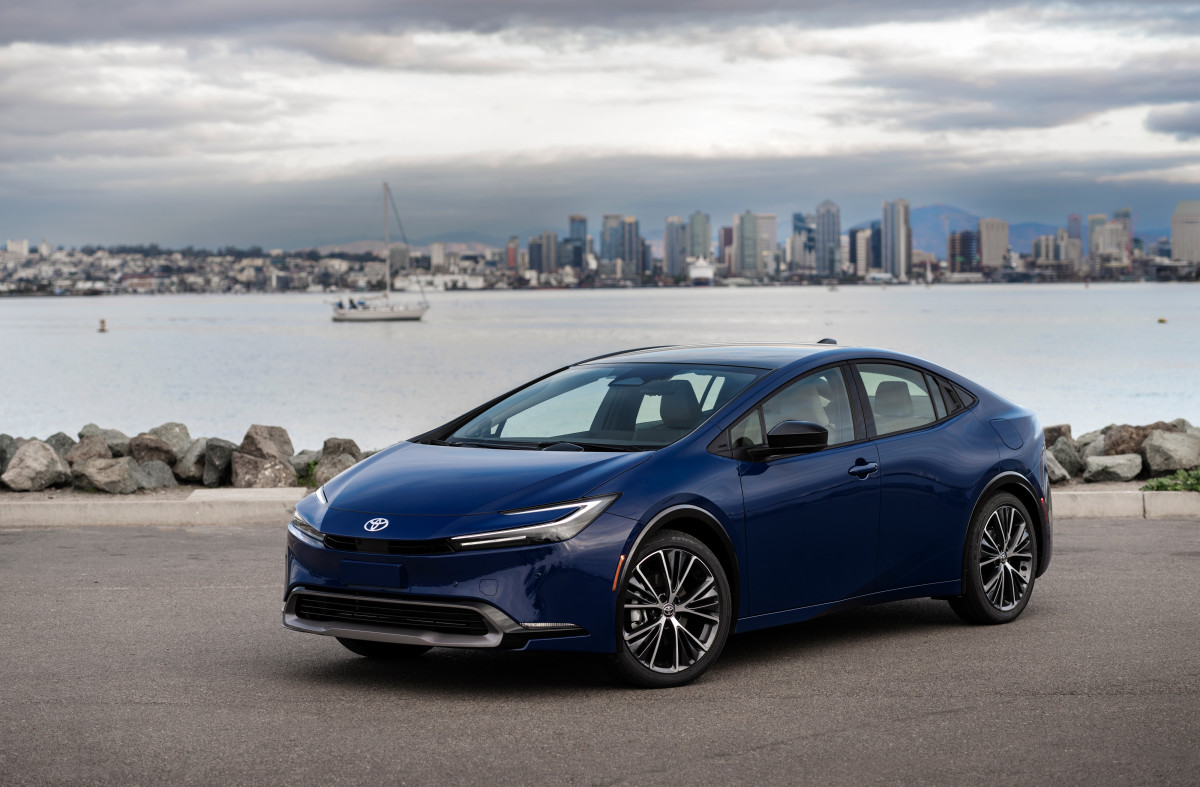
Toyota
Toyota Prius 2025
- Price Range: $28,350–$36,765
- MPG: Overall 51 / City 40 / Hwy 59 mpg
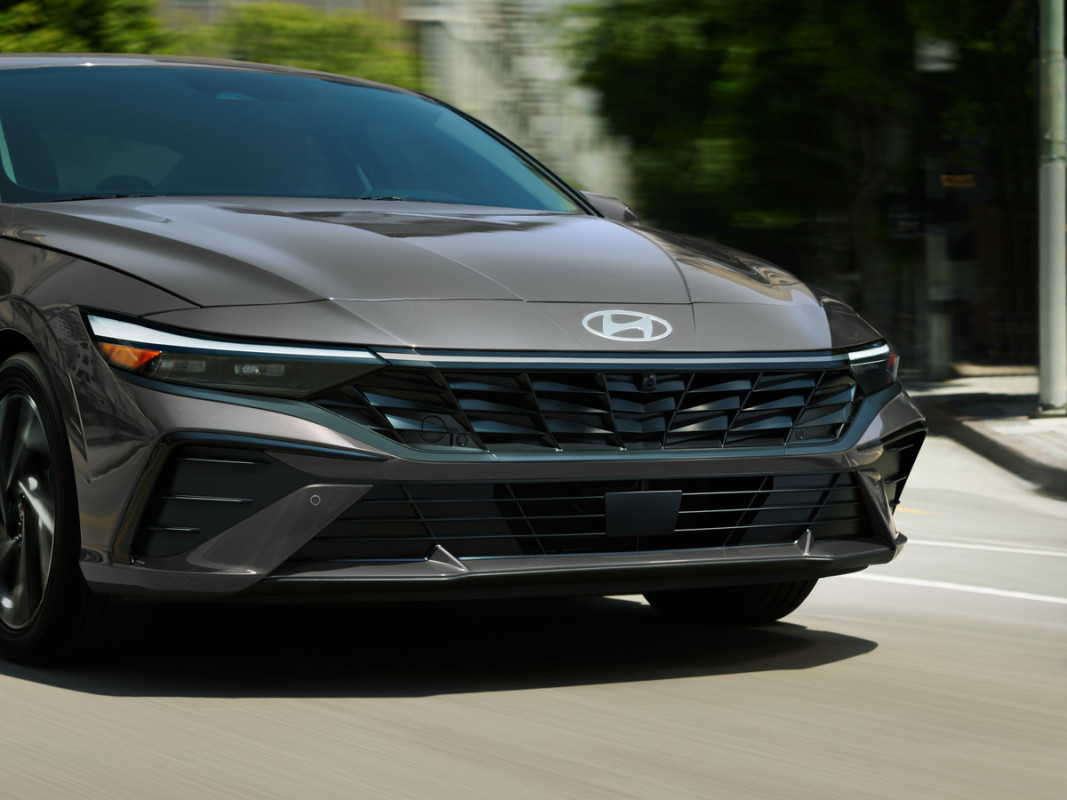
Hyundai
Hyundai Elantra Hybrid 2025
- Price Range: $25,350–$29,700
- MPG: Overall 48 / City 40 / Hwy 55 mpg
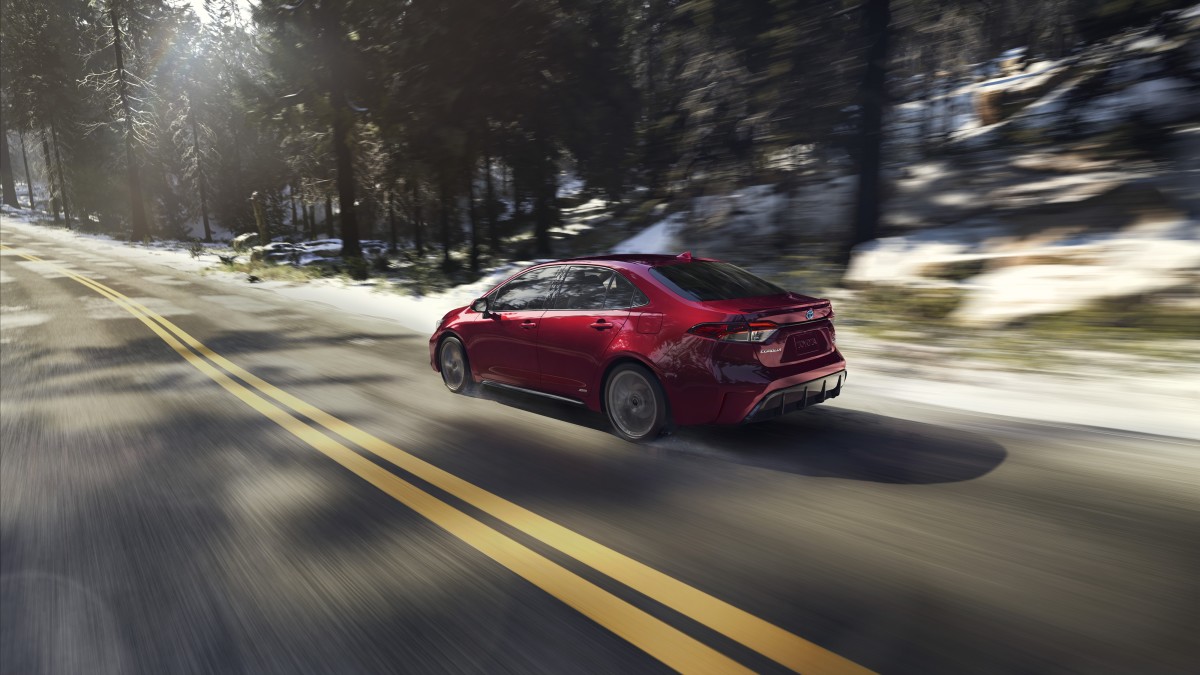
Toyota
Toyota Corolla Hybrid 2025
- Price Range: $22,325–$28,190
- MPG: Overall 48 / City 37 / Hwy 59 mpg
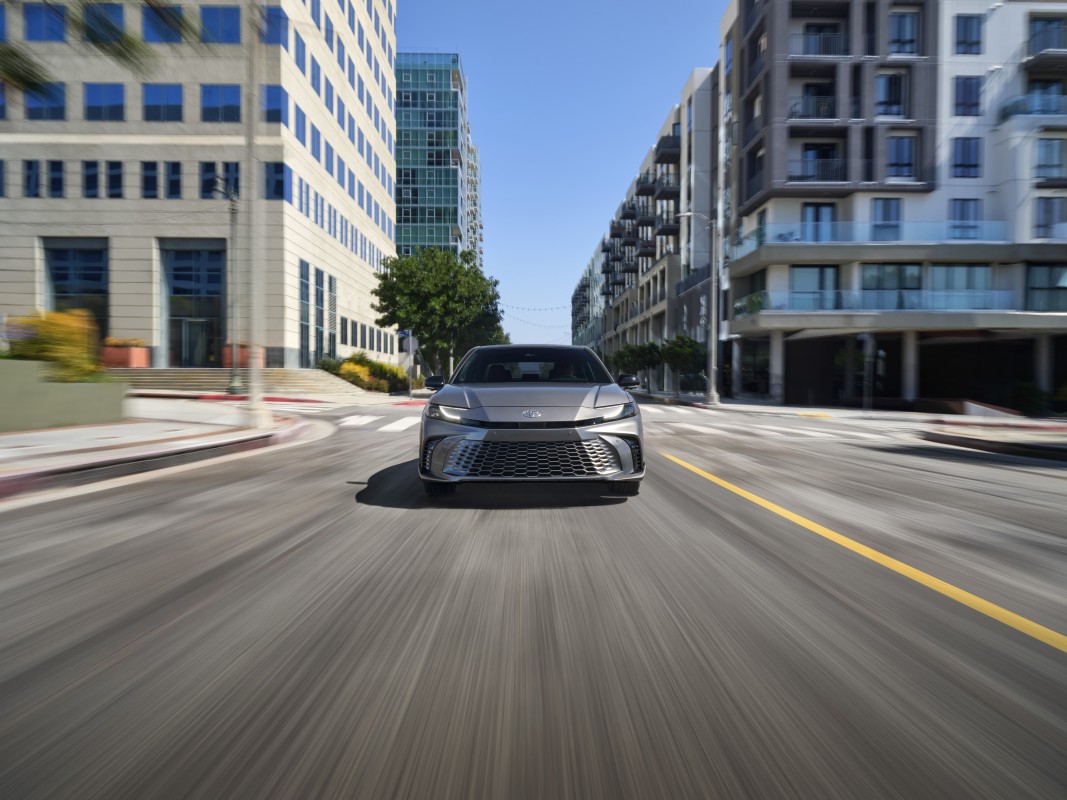
Toyota
Toyota Camry 2025
- Price Range: $28,700–$36,425
- MPG: Overall 48 / City 40 / Hwy 54 mpg
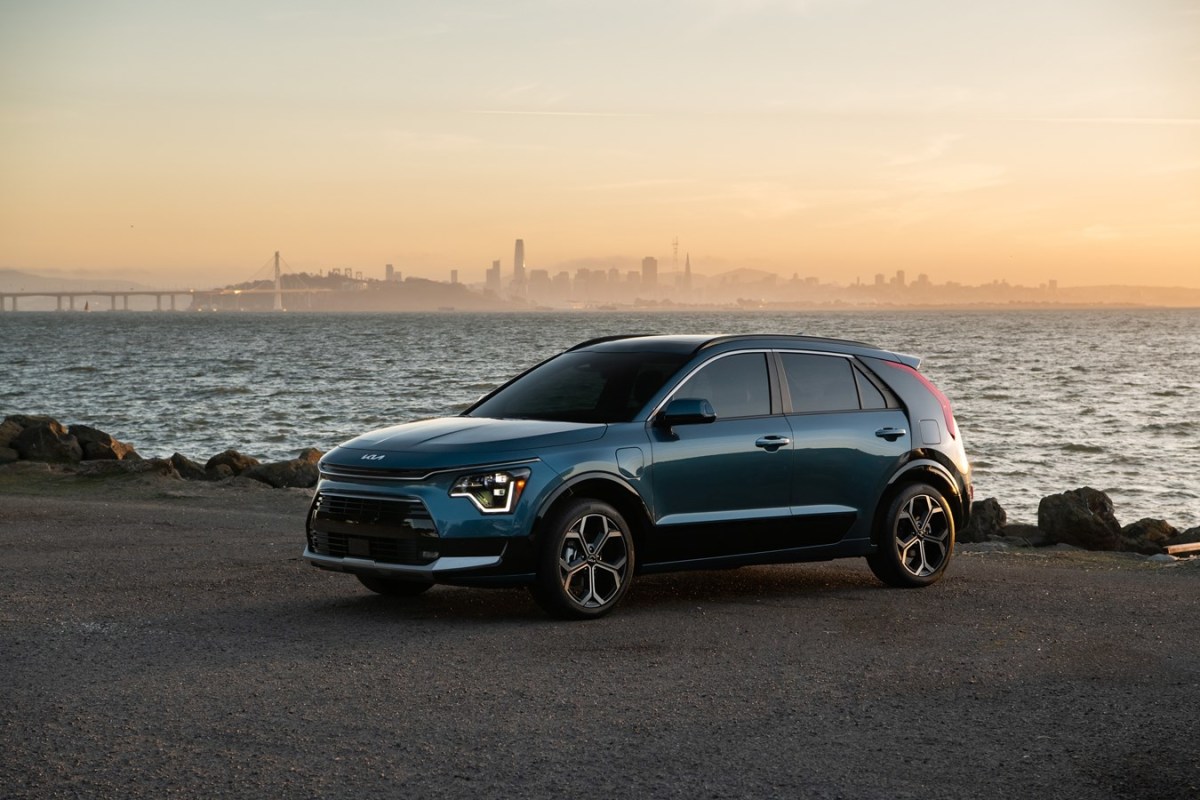
Kia
Kia Niro Plug-in Hybrid 2025
- Price Range: $34,490–$40,790
- MPG: Overall 47 / City 38 / Hwy 54 mpg
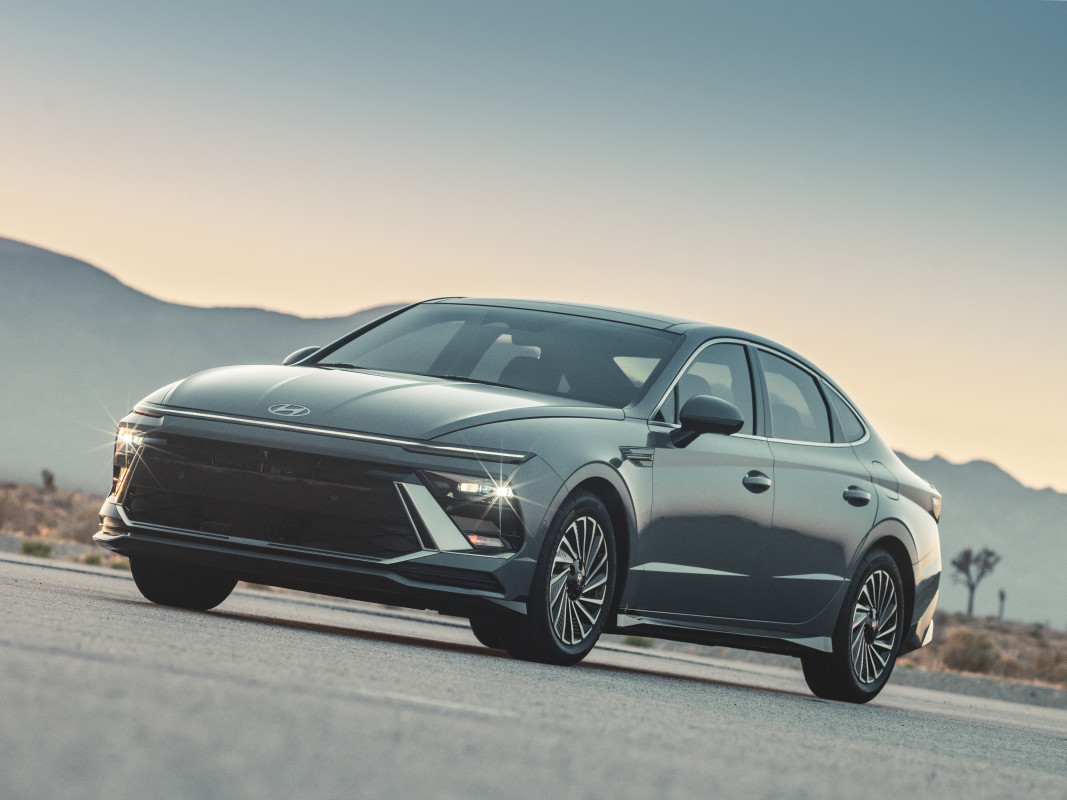
Hyundai
Hyundai Sonata Hybrid 2025
- Price Range: $31,150–$37,600
- MPG: Overall 44 / City 36 / Hwy 51 mpg
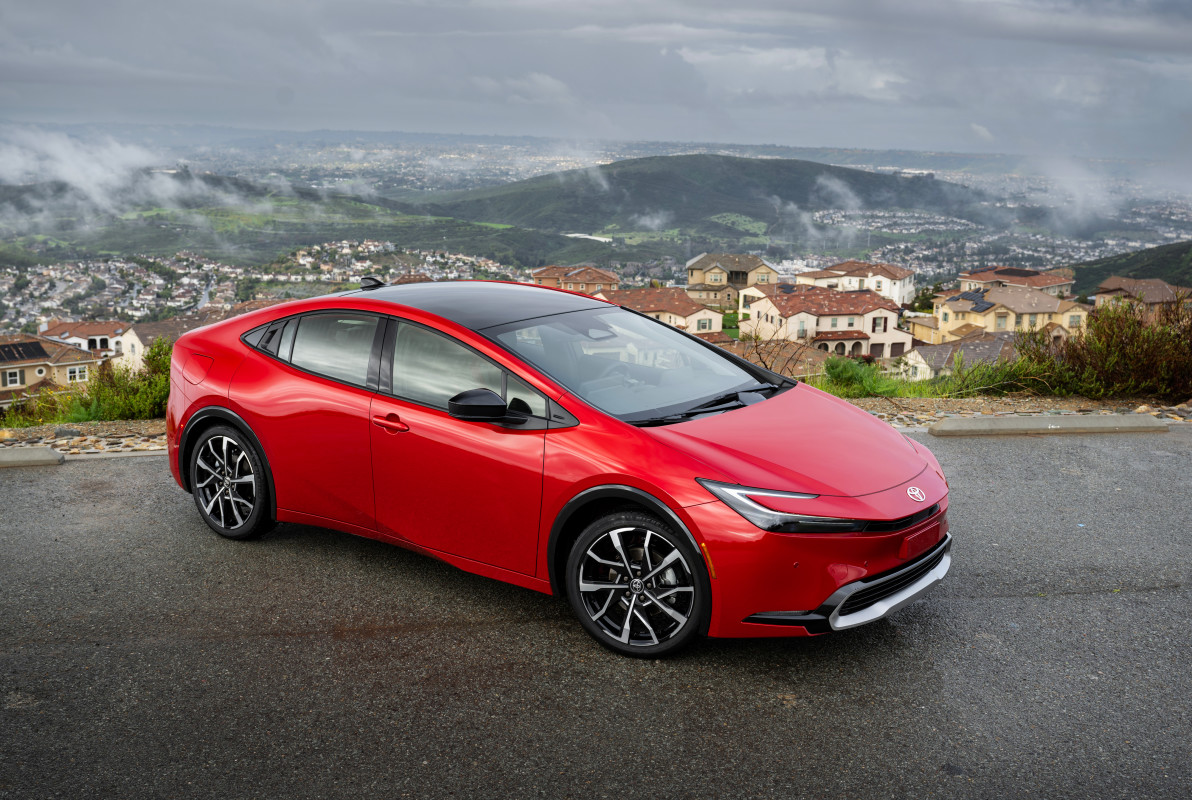
Toyota
Toyota Prius Plug-in Hybrid 2025
- Price Range: $33,375–$40,070
- MPG: Overall 43 / City 36 / Hwy 48 mpg
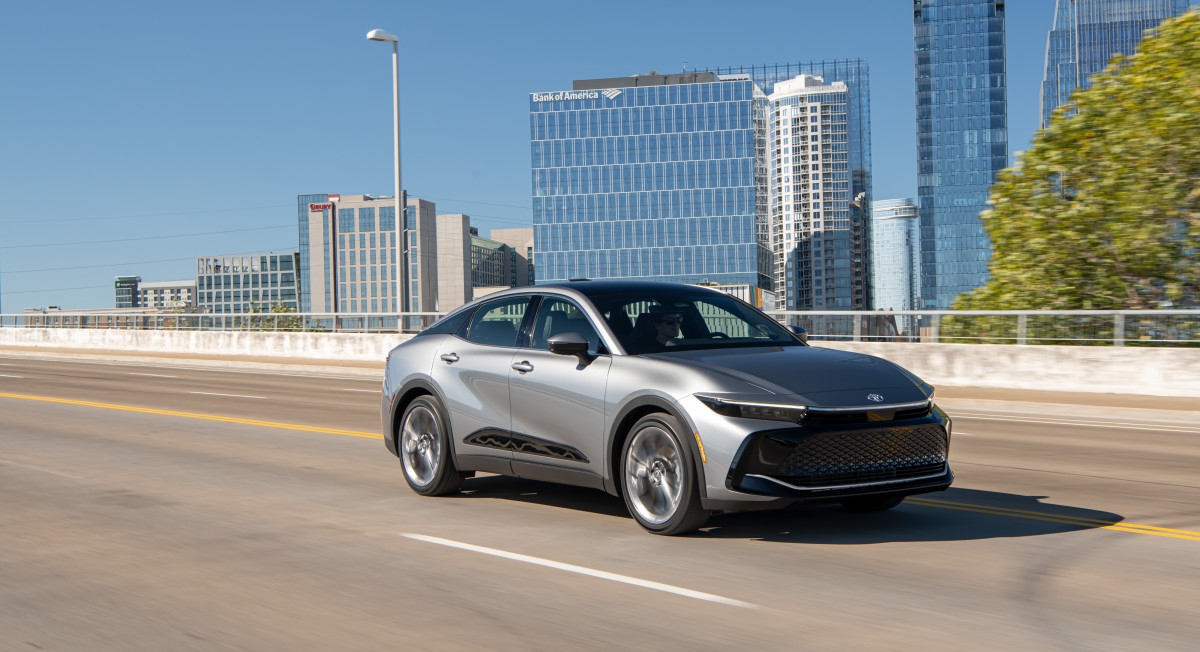
Toyota
Toyota Crown 2025
- Price Range: $41,440–$54,990
- MPG: Overall 42 / City 33 / Hwy 49 mpg

Lexus
Lexus ES Hybrid 2025
- Price Range: $41,020–$50,424
- MPG: Overall 42 / City 32 / Hwy 52 mpg
View the original article to see embedded media.
Honda Accord Hybrid 2025
- Price Range: $33,655–$39,300
- MPG: Overall 40 / City 34 / Hwy 45 mpg
Related: Veteran fund manager issues dire S&P 500 warning for 2025







